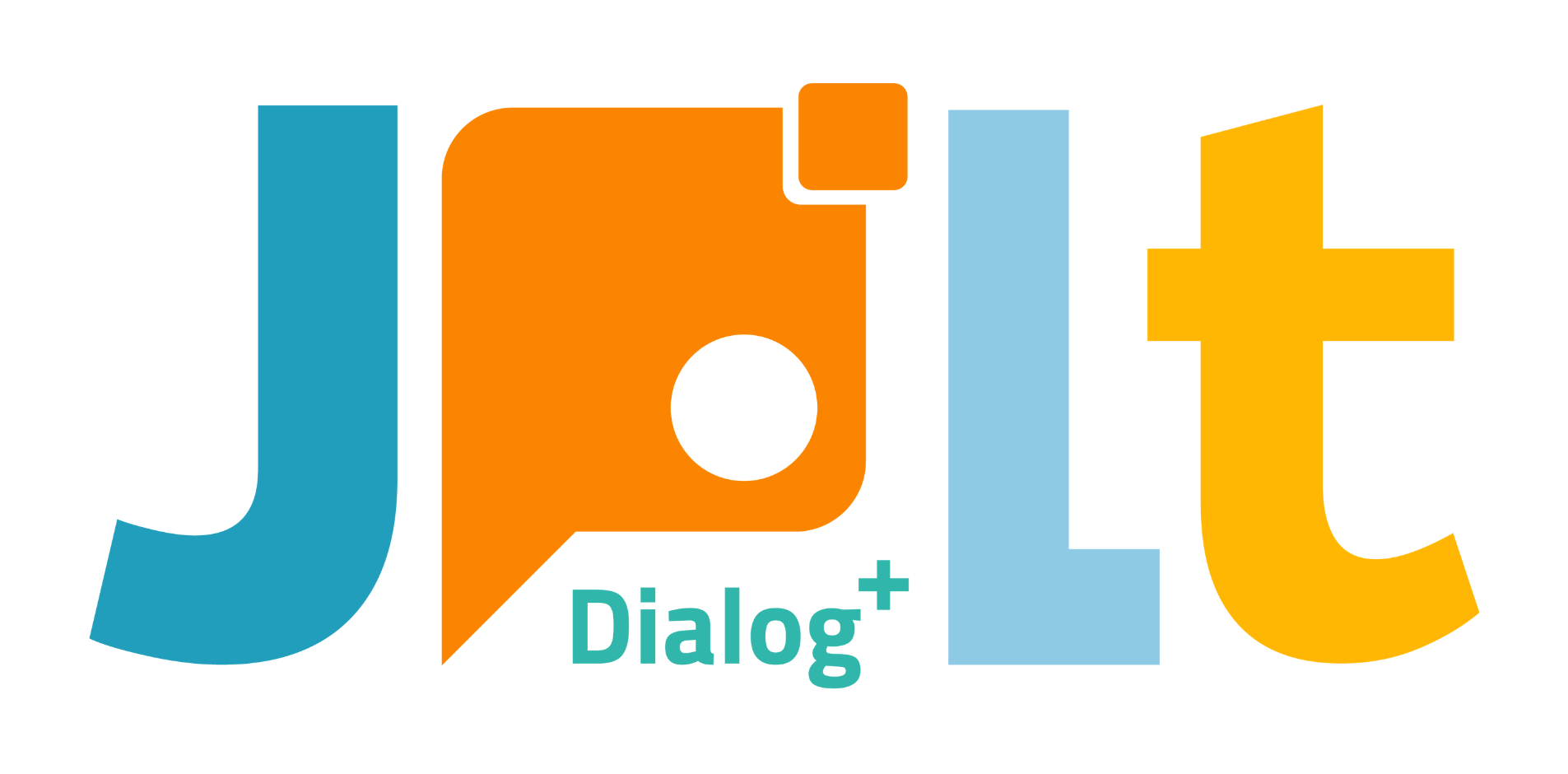Hear, Listen, or Ask? Understanding the Three Ways to Say “Kiku” in Japanese: 聞く, 聴く, and 訊く (N3-N5)
You might know the Japanese verb きく (kiku), but did you know it can be written with three different Kanji? 聞く, 聴く, and 訊く all sound the same, but their meanings are different and fixed. Many N5 to N3 learners get confused when to use which one!
- 聞く (kiku): To hear (unintentional) AND to ask (general). This is the most common one.
- 聴く (kiku): To listen actively (intentional and focused).
- 訊く (kiku): To inquire or question (rarely used in everyday life, often replaced by 聞く).
The key difference is the level of attention and the type of action (hearing vs. asking).
In this simple guide, we will look at the three kinds of きく. You will learn the clear difference in their meaning and usage, see many example sentences, and solve practice questions to master them.
Usage Explanation ①: 聞く (kiku) – To Hear / To Ask (General)
聞く (kiku) is the most common and versatile of the three. It has two main uses:
A. To Hear (Unintentional)
This refers to sounds or voices naturally entering your ears without effort or concentration. It is the opposite of 聴く.
例文 (Example Sentences):
- 電車(でんしゃ)の中(なか)で、変(へん)な音(おと)を 聞(き)きました。
I heard a strange noise on the train. (The sound just came into your ear.)
- 昨日(きのう)、部長(ぶちょう)の奥(おく)さんが病気(びょうき)だと 聞(き)きました。
I heard (received the information) that the section chief’s wife was sick yesterday.
B. To Ask (General)
This is the standard verb for asking questions or asking for information from someone. In most situations where you need to ask something, use 聞く.
例文 (Example Sentences):
- 先生(せんせい)に 宿題(しゅくだい)について 聞(き)きました。
I asked the teacher about the homework.
- 道(みち)が分(わ)からなかったので、警察(けいさつ)に 聞(き)きました。
Because I didn’t know the way, I asked a police officer.
Usage Explanation ②: 聴く (kiku) – To Listen (Active/Intentional)
聴く (kiku) is used when you intentionally focus your attention and heart on a sound, music, or speech. It means you are concentrating fully on understanding or appreciating what you hear.
Usage: Always use 聴く for these specific things:
- Music / Concerts: 音楽(おんがく)を 聴(き)く
- Lectures / Speeches: 講演(こうえん)を 聴(き)く
- Someone’s Opinion / Advice: 意見(いけん)を 聴(き)く (meaning to listen carefully and respect the opinion)
Example Sentences:
- 毎日(まいにち)、電車(でんしゃ)でクラシック音楽(おんがく)を 聴(き)きます。
I listen (actively) to classical music on the train every day.
- お客様(きゃくさま)の声(こえ)をよく 聴(き)くことが大切(たいせつ)です。
It is important to listen closely to the voice of our customers.
Usage Explanation ③: 訊く (kiku) – To Inquire (Specific)
訊く (kiku) also means “to ask,” but it is a very specialized term.
- Usage: **訊く** emphasizes demanding a precise answer or questioning someone under suspicious circumstances. It is rarely used in everyday life (JLPT N5-N3 daily conversation).
- In daily life, we always use **聞く** for “to ask.”
Example Sentence (Often seen in novels/news):
- 記者(きしゃ)は 彼(かれ)に 事件(じけん)の詳細(しょうさい)を 訊(き)きました。
The reporter inquired about (or questioned him about) the details of the incident.
Comparison: 聞く vs. 聴く vs. 訊く
The key difference is the **level of attention** and the **type of action**.
| Kanji | English Meaning | Usage and Nuance | Key Focus |
|---|---|---|---|
| 聞く | **To Hear / To Ask** | Standard/Default. Used for sounds entering the ear OR asking general questions. | **Passive** (Hearing) / **General** (Asking) |
| 聴く | **To Listen** | **Active.** Used for concentrating on music, lectures, or opinions (with heart/mind). | **Intentional** (Listening) |
| 訊く | **To Inquire** | **Specific/Rare.** Used for questioning/demanding precise information. (Use 聞く in daily life) | **Specific** (Questioning) |
Common Mistakes
Mistake 1: Using 聴く for asking questions.
- INCORRECT: ✕ 先生(せんせい)に 質問(しつもん)を 聴(き)きました。
(Wrong: You listened to the question *to* the teacher.)
- CORRECT: ○ 先生(せんせい)に 質問(しつもん)を 聞(き)きました。
(Correct: I asked the teacher a question.)
Mistake 2: Using 聞く for intentional music listening.
- Less Natural: △ 毎日(まいにち) 音楽(おんがく)を **聞(き)きます**。
- More Natural (Intentional): ○ 毎日(まいにち) 音楽(おんがく)を **聴(き)きます**。
(You are intentionally listening to enjoy the music.)
Practice Questions
Choose the correct Kanji: 聞く or 聴く.
- 彼女(かのじょ)は 毎晩(まいばん)アニメソングを ( ______ ) のが趣味(しゅみ)です。
- 隣(となり)の部屋(へや)から、子(こ)どもの泣(な)き声(ごえ)が ( ______ ) ました。
- 分(わ)からない言葉(ことば)は、すぐに辞書(じしょ)で ( ______ ) ようにしています。
- 社長(しゃちょう)の重要(じゅうよう)なスピーチを ( ______ ) ために、会場(かいじょう)に行(い)きました。
- Answer Key
- A1: 聴(き)く
Explanation: Listening to music as a **hobby** is intentional. - A2: 聞(き)こえ (or 聞き)*
Explanation: The sound **naturally entered your ear** (to hear). (*The question uses the potential form: 聞こえました). - A3: 聞(き)く
Explanation: To **ask** for information (looking it up) is the general **聞く**. - A4: 聴(き)く
Explanation: Listening to an important speech requires **focus and attention** (active listening).
Conclusion
Mastering the three きく verbs is a big step! Remember the key concepts:
聞く (kiku): **Default/Passive.** (To **Hear** or To **Ask**.)聴く (kiku): **Active/Intentional.** (To **Listen** to music, speech, or opinions with focus.)訊く (kiku): **Rare/Formal.** (To **Inquire** or **Question**.)
If in doubt, use **聞く**. If you are focusing, use **聴く**. Keep practicing, and your Japanese will become more natural and precise!
FAQ (Frequently Asked Questions)
- Q1: Is it really wrong to use 聞く when talking about music?
- A: No, it’s not strictly wrong, especially in casual Japanese. However, 聴く is preferred when you are expressing enjoyment or appreciation for the music (e.g., at a concert, or listening to a favorite album). If the music is just background noise (e.g., BGM), 聞く is fine.
- Q2: Since 訊く is rare, should I use it at all?
- A: For JLPT N5-N3 and daily conversation, you should generally avoid using 訊く. Just use 聞く when you need to ask a question. Knowing that 訊く exists (meaning “to inquire/interrogate”) is enough for reading comprehension.
- Q3: Does 聞く have any other meanings?
- A: Yes! It can also mean “to smell” (e.g., 線香(せんこう)のにおいを **聞(き)く** – to smell the scent of incense). This is a classical and respectful usage, but you will often see it in set phrases.
Related Articles




